Monarch Migration May Disappear
Okiedawn OK Zone 7
10 years ago
Related Stories
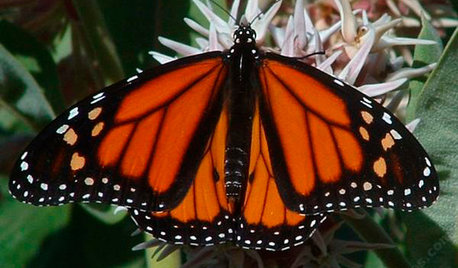
CALIFORNIA NATIVE PLANTSGreat Design Plant: Asclepias Is Attractive to Monarch Butterflies
Increase monarch butterfly populations in California by planting stunning native milkweeds
Full Story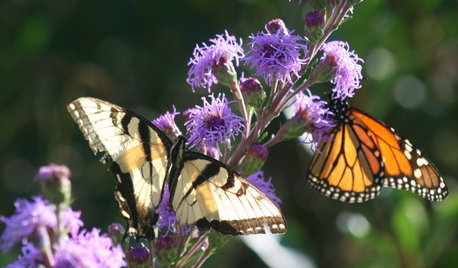
FALL GARDENINGWhat Monarch Butterflies Taught Me About Garden Design
Thinking like a butterfly leads to fresh perspectives in the garden and in life
Full Story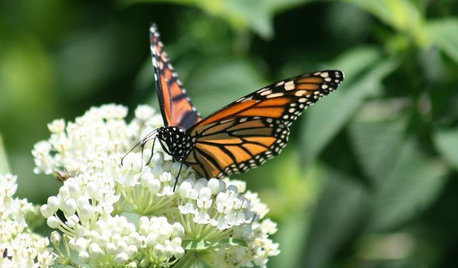
GARDENING FOR BUTTERFLIESBe a Butterfly Savior — Garden for the Monarchs
Keep hope, beauty and kindness alive in the landscape by providing a refuge for these threatened enchanters
Full Story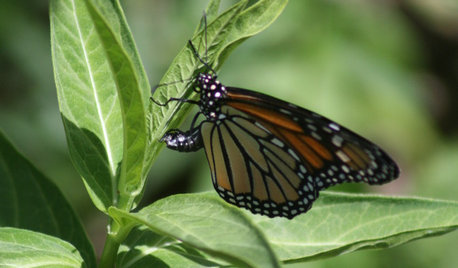
CENTRAL PLAINS GARDENINGCentral Plains Gardener's May Checklist
Set out flowering shrubs for spectacular blooms, get veggies going and roll out the milkweed mat for butterflies
Full Story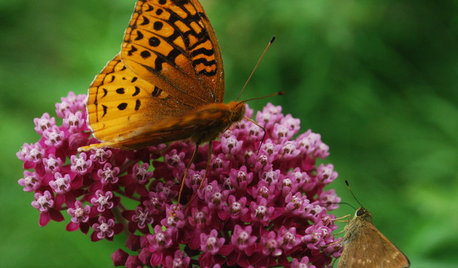
GARDENING GUIDESGreat Design Plant: Asclepias Incarnata for a Butterfly Garden
Beautiful swamp milkweed makes it easy to help monarchs and other pollinators in eastern U.S. gardens
Full Story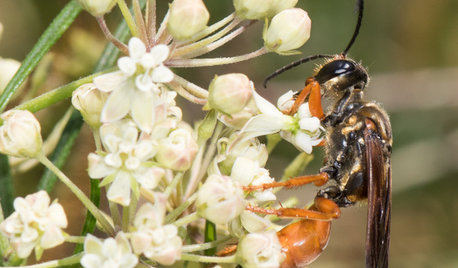
GARDENING GUIDESGreat Design Plant: Asclepias Verticillata
Plant whorled milkweed in dry central and eastern U.S. gardens to attract monarch butterflies and other insect pollinators
Full Story
GARDENING FOR BUTTERFLIESGardening for the Bees, and Why It’s a Good Thing
When you discover how hard bees work for our food supply, you may never garden without them in mind again
Full Story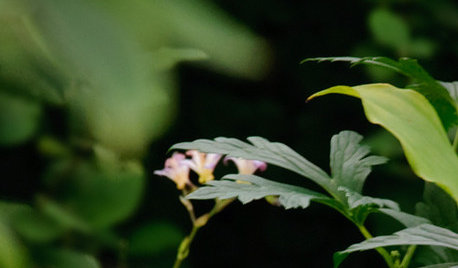
GARDENING GUIDESGreat Lakes Gardener's September Checklist
Watching wildlife, gathering leaves and watching a rainbow of roses and asters are high priorities in Great Lakes gardens this month
Full Story0
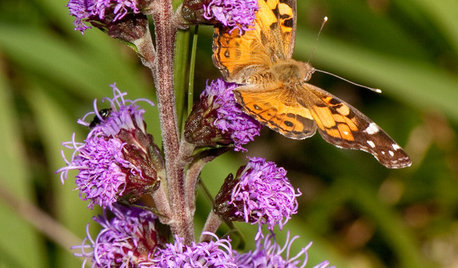
GARDENING GUIDESAmerican Lady Butterflies Add Delight to Summer Gardens
Provide native nectar and larval host plants to welcome these migratory butterflies
Full Story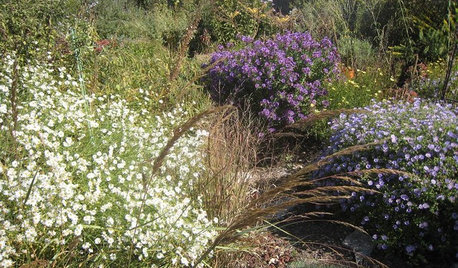
GARDENING GUIDESCentral Plains Gardener's September Checklist
This month, go easy on the deadheading, savor the beauty of sunflowers and look ahead to next year's garden
Full Story

dbarron
amunk01
Related Professionals
Fillmore Landscape Architects & Landscape Designers · Grand Haven Landscape Architects & Landscape Designers · Brandon Landscape Contractors · Fort Mill Landscape Contractors · Fuquay-Varina Landscape Contractors · Mount Sinai Landscape Contractors · North Lauderdale Landscape Contractors · Palm Beach Gardens Landscape Contractors · Suitland Landscape Contractors · 07920 Landscape Contractors · Maple Heights Landscape Contractors · Raytown Landscape Contractors · Brooklyn Park Decks, Patios & Outdoor Enclosures · Dracut Decks, Patios & Outdoor Enclosures · Hobart Decks, Patios & Outdoor EnclosuresOkiedawn OK Zone 7Original Author
chickencoupe